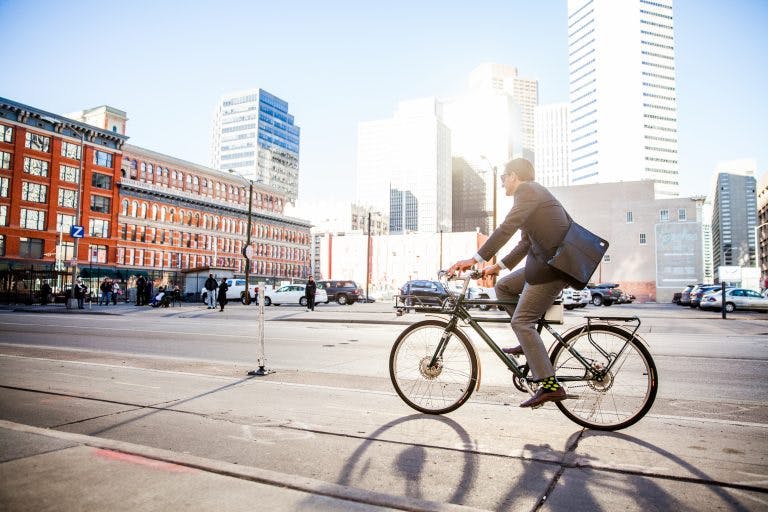Explore Our Network of Sites
Search
By:

Denver voters approved Measure 2A by a margin of 20 percent. This measure will increase the city and county sales tax by 0.25 percent. Revenue generated by the tax increase will be allocated to parks, trails, open space and waterways.
Proposition 109 would have authorized $3.5 billion in new bonding for 66 different highway projects, but did not provide any funding to pay for the bond (meaning that funds would have been pulled from other areas).
The rejection of this measure is a win for bikes, as it would likely have eliminated the possibility to large-scale investments in multi-modal transportation.
Proposition 110 would have increased the state sales tax by 0.62 percent to make new transportation investments, including 15 percent to multi-modal options like bike riding and 40 percent to local governments (which often use these funds for bike and pedestrian projects). The other 45 percent of revenue would have been allocated to state highway projects.
While not a perfect ballot measure, we had endorsed Proposition 110 as the best bet for long-term investments in bike infrastructure in Colorado. The defeat of this measure may prove to be a loss for bikes as a less ambitious legislative proposal with reduced local and multi-modal funding is now likely to move forward.
The future is a little complicated. Because Propositions 109 and 110 were rejected, legislation approved earlier in 2018 will likely be implemented. Under this law, $645 million in general fund money will be put towards transportation projects over the next two years, allocated as follows:
An additional $50 million will be allocated to the state highway fund over each of the next 18 years. Voters will also be asked to approve $2.3 billion in new bonding for transportation projects on the 2019 ballot, of which 15 percent will be allocated to multi-modal projects and 85 percent to state highway projects.